Magic words might make you think of a magician. But what if you could use this same kind of magician magic as a salesperson? “One of the biggest differences that I’ve noticed between those salespeople that get a good result, and a great result, that the great person gets their word right at the moment,” said Phil M. Jones. “This made me think: How much do words matter? Does moving one or two things around really make that big of a difference? The answer is actually ‘yes.’” John Golden interviews Jones on magic sales words.
This expert sales interview explores magic words in sales, including topics such as:
- How much of a difference can magic words make?
- Why magic words can help eliminate customer indecisiveness
- Concrete tools and useable magic words
It’s in the Brain:
Rearranging a couple of words can trigger a psychological reaction in the other person. “It’s phenomenal the amount of impact it can have,” said Jones. “We are creatures of habit. We rely on our habits. Our habits form a basis for us to lean on every day. What those habits are, what they are driven by, is your subconscious brain.” The subconscious brain makes decisions for you, without your conscious consideration, like breathing, or taking the route of a familiar car journey where you don’t need to focus as much. The subconscious brain is in charge, and with the right words you can talk straight to the subconscious, and push your buyer towards a sale.
Eliminate the Indecisive
Part of integrating magic words can help a potential buyer make a decision sooner. “In a sales department, you face indecision day in and day out. The biggest consequence isn’t the people that say no, it’s those who are indecisive,” said Jones. “If we could get a maybe to a yes, or discover who the no’s are sooner, you would be doing yourself a huge service. Magic words can do that.” Magic words not only help you close deals for the people who want to buy your product or use your service, but they also help you by eliminating clients that won’t end up signing a contract, freeing up your time to find customers who will.
Create a Plan:
“The worst time to think of what you’re going to say is in the moment, and yet many salespeople find themselves in a situation making it up as they go along, or starting every day from scratch,” said Jones. “That’s when I thought, ‘there has to be a better way.’” Magic words can be used to help salespeople devise a plan, so they can know what to say before the moment comes. Using magic words to create an expected result can be incredibly helpful, almost like being able to see the future of your account.
How open-minded are you?
If you were to ask a group of 1,000 salespeople if they are open minded it not, at least 900 of them will say yes. The alternative is that they are closed minded, or narrow-minded – something people don’t want to admit to being. You can take this cultural norm and use it to your advantage, and almost guarantee an outcome. “Use what you know to be a pre-existing belief system, and then put it back in questioning form to get a unanimous yes in the other direction,” said Jones. For example, you could say: “How open-minded are you to ______.” This utilizes a standard channel of communication and an already developed cultural norm to get a positive result.
For more magic words, and other sales tips, be sure to watch the expert sales interview!
About Our Host
John is the Amazon bestselling author of Winning the Battle for Sales: Lessons on Closing Every Deal from the World’s Greatest Military Victories and Social Upheaval: How to Win at Social Selling. A globally acknowledged Sales & Marketing thought leader, speaker, and strategist. He is CSMO at Pipeliner CRM. In his spare time, John is an avid Martial Artist.
Pipeliner CRM empowers salespeople to say the right things. Get your free trial of Pipeliner CRM now.


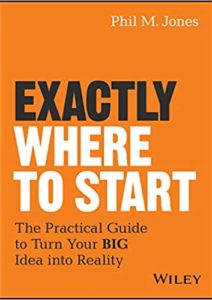
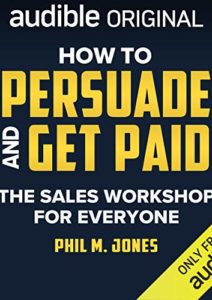
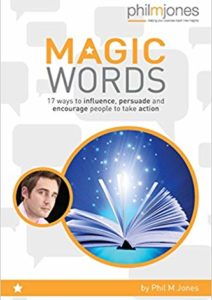
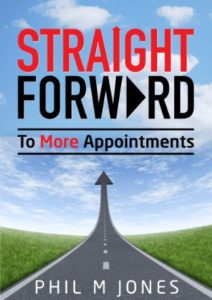
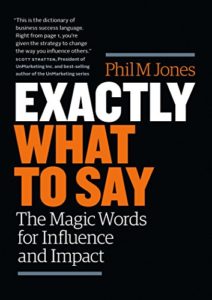
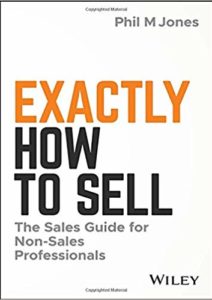
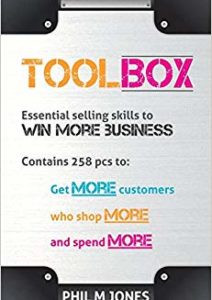


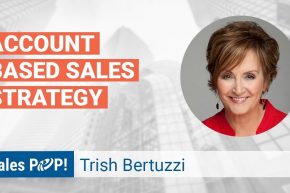


Comments